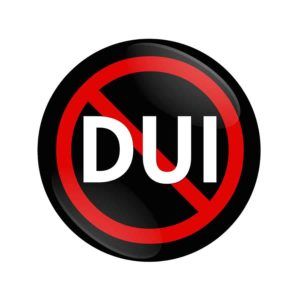 Iowa is proudly reporting a reduction in OWI rates across the state. Two police chiefs report that peer pressure, of all things, is a top reason for this new decrease over the past three years. For example, from January to June, only 45 people have faced Iowa OWI charges in Marion County. In addition, repeat charges are also at an all-time low, with only a handful of people charged with a second OWI and a single individual charged with a third.
Iowa is proudly reporting a reduction in OWI rates across the state. Two police chiefs report that peer pressure, of all things, is a top reason for this new decrease over the past three years. For example, from January to June, only 45 people have faced Iowa OWI charges in Marion County. In addition, repeat charges are also at an all-time low, with only a handful of people charged with a second OWI and a single individual charged with a third.
Iowa OWI numbers show a commitment to safe streets in Marion County and across the state.
An Iowa driver charged with an OWI is eligible for a restricted license and must install an ignition interlock device for that privilege. An interlock must be installed by an approved service provider and the driver is expected to pay any costs for the installation and lease of the device, which includes periodic calibration and maintenance. Iowa is very clear about attempts to trick the interlock, too: the device cannot be tampered with or used by another person, to do so will earn more time on ones’ sentence.
Not only does an Iowa OWI offender have an ignition interlock requirement, but the restrictions on their driver’s license are tough:
- A restricted license only allows driving at certain times (such as getting to and from their place of employment, transporting their child, any sort of substance abuse therapy, or to meet any appointments, etc.).
- For a first offense, an offender will have a suspended license for 180 days, whereas a second offense will be from two to six years.
All of that, plus court costs, fines and any other legal requirements add up to a comprehensive plan that is effectively reducing the number of drunk drivers on the road. Iowa has every right to brag about its numbers while showing the rest of the U.S. that being tough on drunk drivers just makes sense.

 Ignition Interlock Rolling Retest Tips
Ignition Interlock Rolling Retest Tips